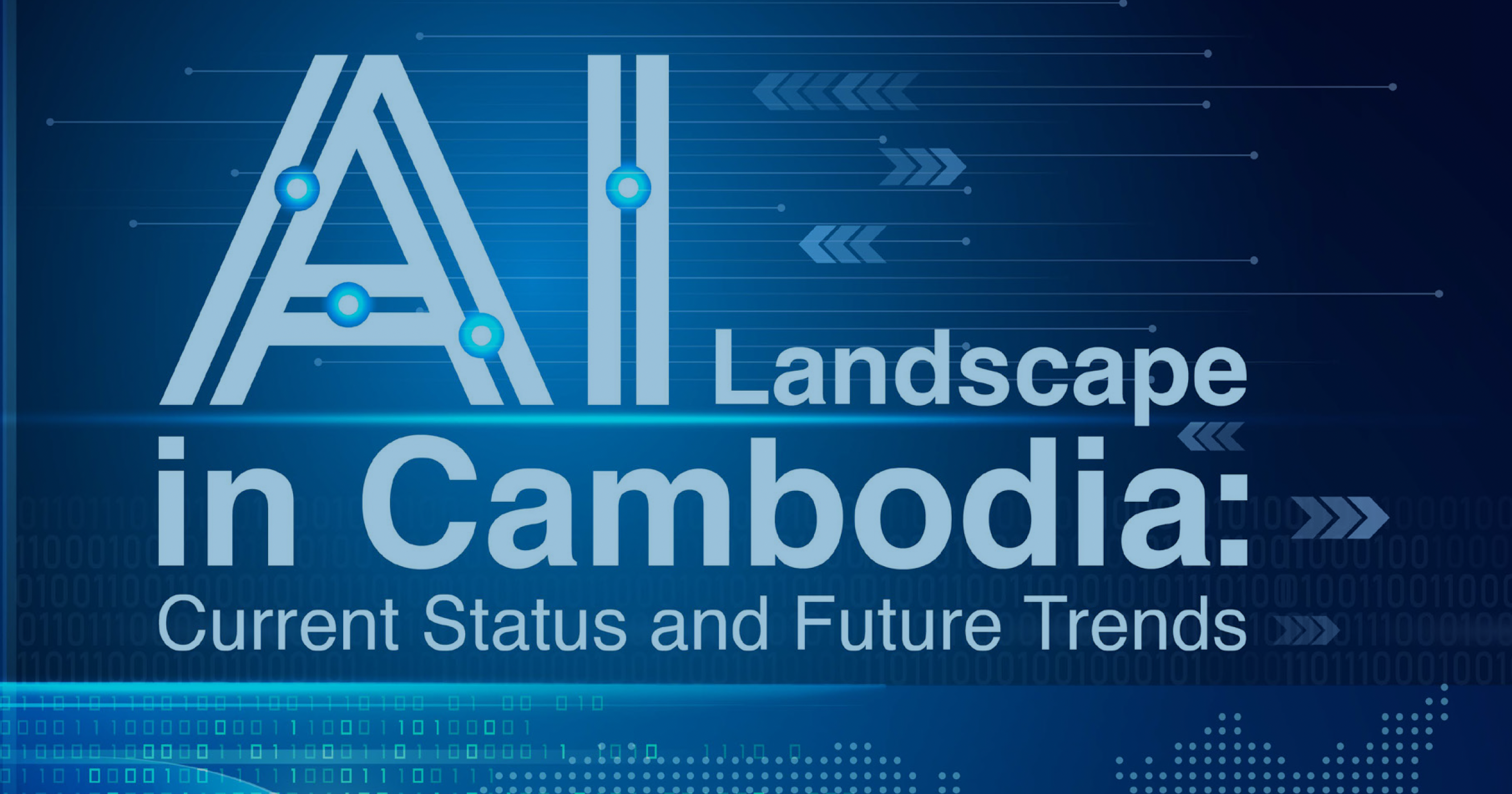Over six decades, the evolutionary development of AI has been astonishing and proves its capability through simple neural networks, multi-level text analytics, deep learning, image analytics, self-adaptive and natural language processing breakthroughs, neuromorphic technology, and the edge of human consciousness system development. AI has been implemented and adopted in business sectors for a variety of purposes in manufacturing, healthcare, retail, banking, and public services. The rapid development of AI calls out key areas that need to be addressed in any future policy or law governing the use of AI, such as privacy, accountability, safety, and security; transparency and explainability; fairness and nondiscrimination; human control of technology; professional responsibility; and promotion of human values. Firms and organizations across all sectors strive to maximize the potential of their data to make better decisions for commercial and social purposes. From a technical perspective, there are several types of AI applications, such as machine learning, deep learning, hybrid learning, and digital twins.
AI Landscape in Cambodia: Current Status and Future Trends
